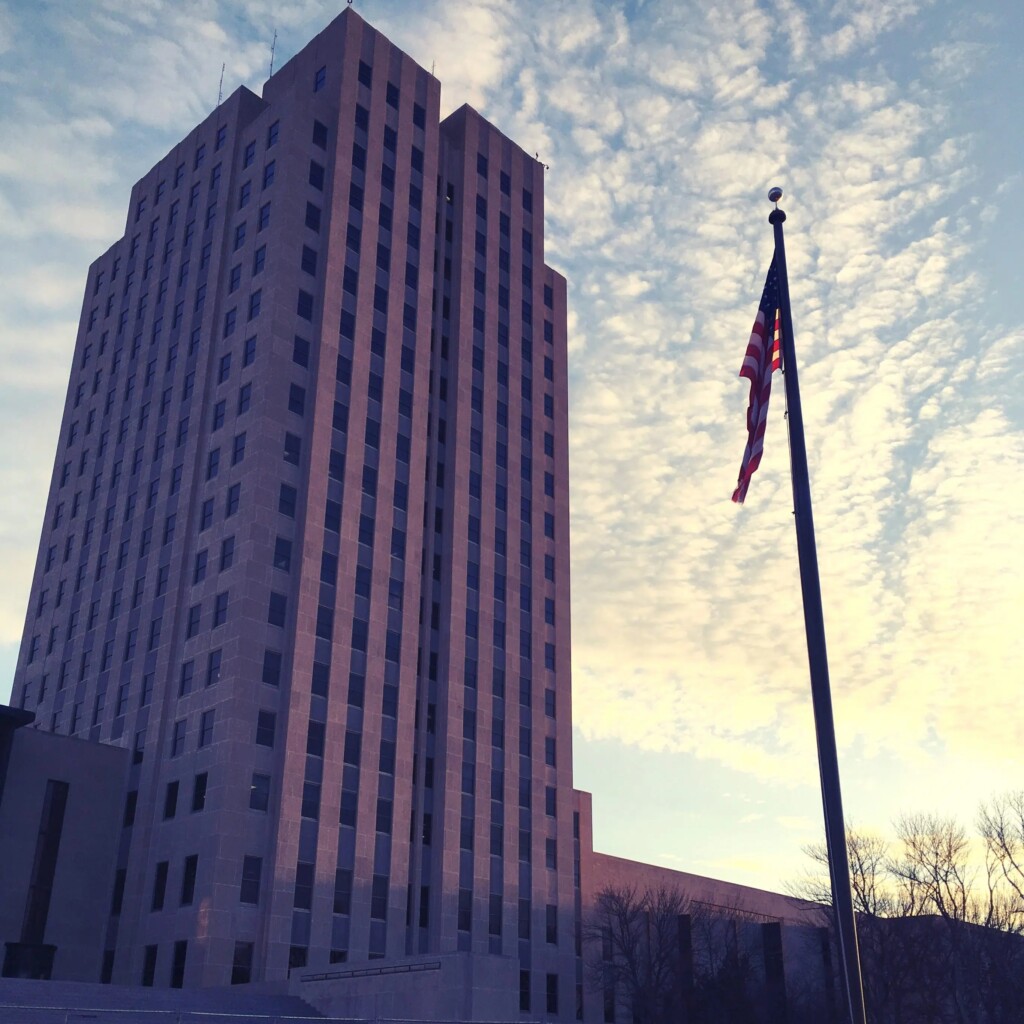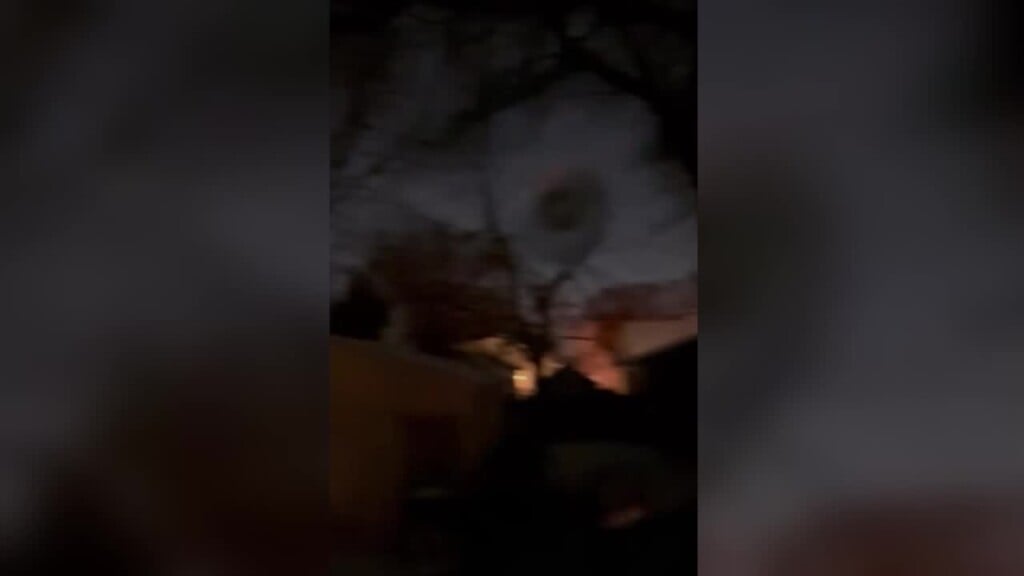How El Nino Will Affect Metro Temperatures This Winter
Sorry, this video is no longer available
Warmer water temperatures on the West Coast will be affecting our temperatures in the months to come.
El Nino could have the metro looking at another mild winter with less snow.
KVRR’s Brittany Ford joins us with more.
Brittany?
Alison and TJ, El Nino can be defined as the rare occurrence when water temperatures in the Pacific contribute to a series of climate changes across the continent.
In our area, those changes are expected to be favorable.
Visible El Nino climate changes occur in late fall beginning in October or November, and last through winter.
North Dakota is expected to see another a mild and dry winter this year, with little snow.
“If you look at all the El Nino cases in the past, more often than not North Dakota always has warmer than normal temperatures and dryer then normal precipitation,” says Adnan Akyüz Climatologist at NDSU.
Climate specialists say that no El Nino is the same, and a significant climate change isn’t always guaranteed.
Some people in the area are saying the same.
“Mother Nature is going to do her thing. So we can’t predict what’s going to happen some days…you might think it’s not going to snow and it pours down, and some days are good days,” said Charles Bell of Fargo.
The El Nino winter conditions will have positive effects in the Metro when it comes to issues of flooding.
“If it continues to get dryer than normal that’s great news for the Red River. That also signals for lesser of a chance of a great flood in the Red River,” said Adnan Akyüz Climatologist at NDSU.
Drier soil in the river will allow for less run over when the rainy season does arrive.
Sarah Dotzenrod has lived in Fargo for 10 years, and says constant temperature change is just a way of life.
“The climate changed from yesterday two days ago to today. I mean it just goes to show you’re when you’re living in North Dakota, a 20 degree difference is normal here,” said Sarah Doztenrod of Fargo.
Climate specialists do say that this winter will not be as dry as last year.
The metro is expected to see around 16 inches of snow.
An average winter has 50 inches.
Reporting Live Brittany Ford KVRR News.






